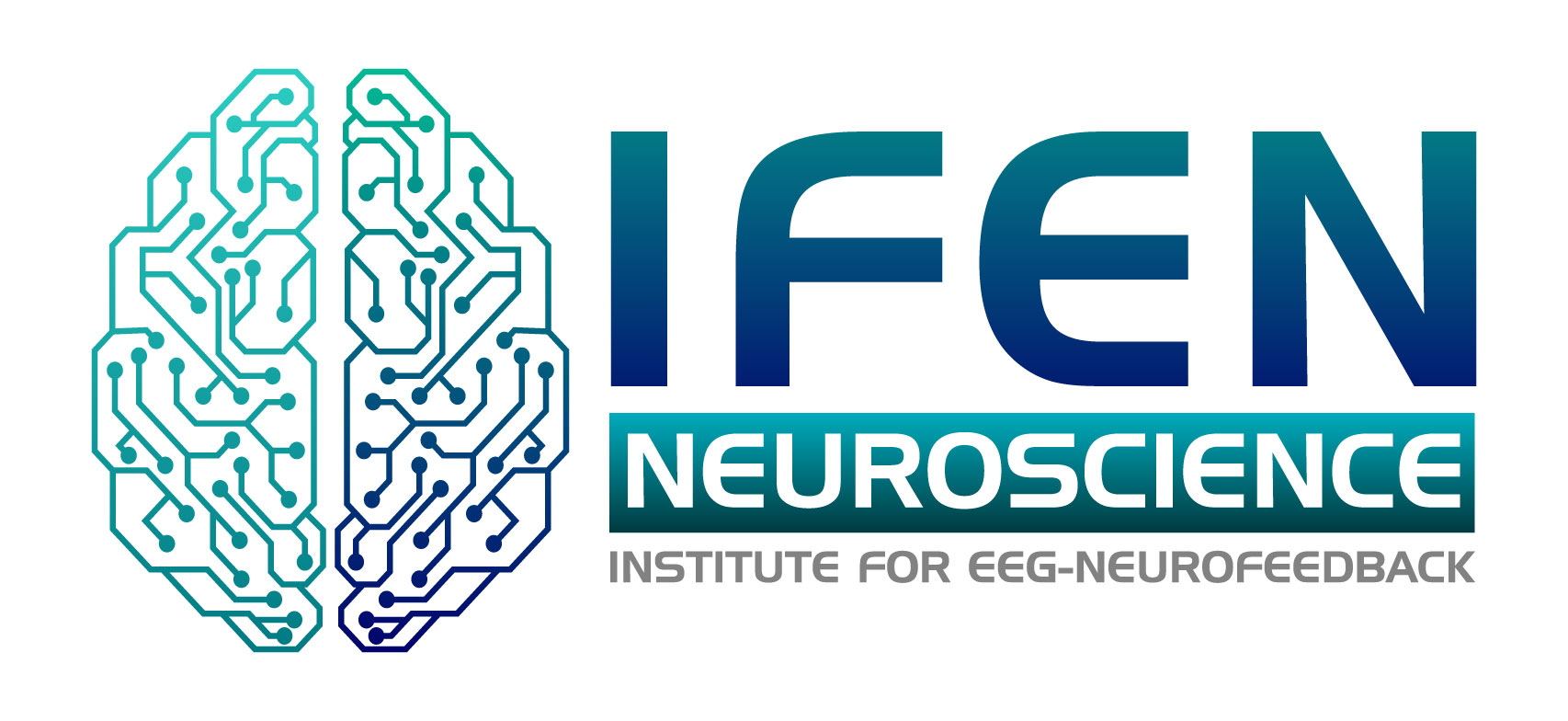+49 (89) 2000 299 66 info@neurofeedback-info.de
WEBINAR – Recognizing and Treating ADHD: Documenting Symptoms, Conducting QEEG Assessments, and Implementing Neurofeedback Treatment
Beschreibung
- Standardpreis:
- 80,00 EUR
WEBINAR – Recognizing and Treating ADHD: Documenting Symptoms, Conducting QEEG Assessments, and Implementing Neurofeedback Treatment
This webinar introduces two leading experts in the field of Attention Deficit/Hyperactivity Disorder (ADHD): Dr. Paul G. Swingle and Dr. Daniel G. Amen.Participants will gain comprehensive insights into various aspects of ADHD, including misdiagnoses, differentiated diagnostic approaches, and innovative treatment methods.
Content
-
Recognizing and Misdiagnosing ADHD:
-
Dr. Paul Swingle highlights how frequently ADHD is misdiagnosed.
-
He explores alternative explanations for similar symptoms, such as:
-
Emotional stress
-
Sleep disorders
-
Neurological problems
-
-
He emphasizes the importance of a careful diagnosis that incorporates neurophysiological data.
-
He explains the role of:
-
EEG (electroencephalogram)
-
Neurofeedback
in achieving accurate diagnosis and effective treatment.
-
-
- Differenzierung der ADHS-Typen:
-
Dr. Daniel Amen präsentiert sein Modell der sieben unterschiedlichen Typen von ADHS, die er durchSPECT-Scans identifiziert hat. Diese Typen umfassen u.a. klassisches ADHS, überfokussiertes ADHSund ängstliches ADHS. Er erläutert, wie diese differenzierte Sichtweise zu individuell zugeschnittenenBehandlungsplänen führt, die weit über die standardisierte Medikation hinausgehen
-
- Ganzheitliche Therapieansätze:
-
Die Webinar-Teilnehmer lernen verschiedene Behandlungsansätze kennen, die auf der spezifischenDiagnose basieren. Diese reichen von medikamentösen Therapien über Ernährungs- und Lifestyle-Änderungen bis hin zu Neurofeedback. Beide Experten betonen die Bedeutung eines ganzheitlichenAnsatzes zur Behandlung von ADHS, der das gesamte Spektrum der psychischen und physischenGesundheit berücksichtigt.
-
- Holistic Treatment Approaches:
-
Webinar participants will learn about various treatment strategies based on specific diagnoses.
-
These approaches range from:
-
Medication-based therapies
-
Nutritional and lifestyle changes
-
Neurofeedback
-
-
Both experts emphasize the importance of a holistic approach to treating ADHD.
-
This approach takes into account the full spectrum of mental and physical health.
-

